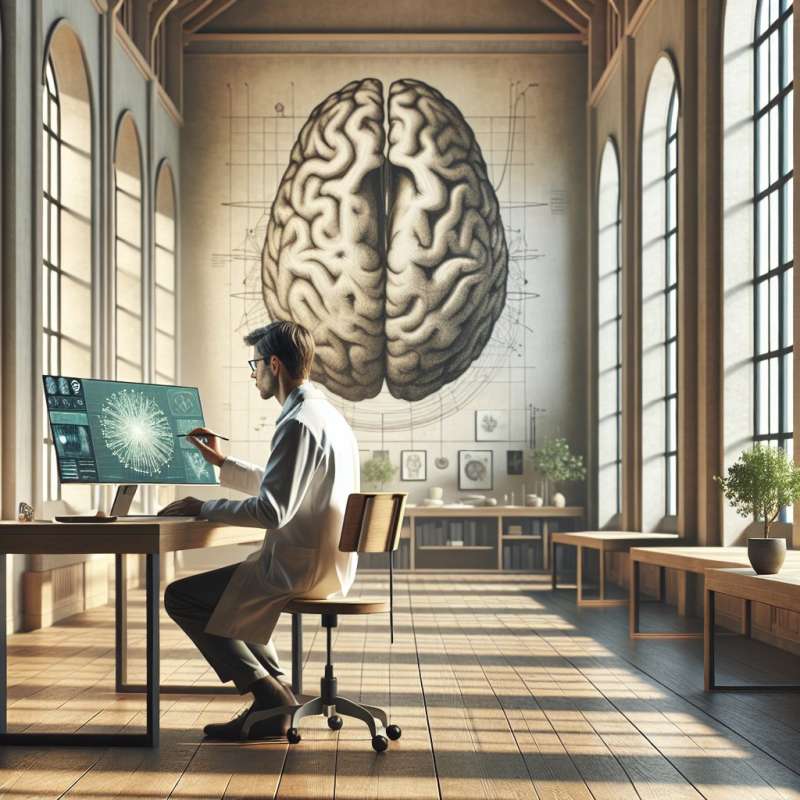
Defining Emotional Intelligence (EI)
Emotional Intelligence (EI) refers to the ability to recognize, understand, and manage our own emotions and the emotions of others. It's crucial for personal and professional success, impacting our communication, empathy, and conflict resolution skills.
EI's Neurobiological Basis
Recent studies reveal that EI is linked to the brain's prefrontal cortex and amygdala. These areas facilitate emotional regulation and empathy. Surprisingly, EI can be developed through mindful practices that strengthen these brain regions, enhancing emotional responses.
EI and Workplace Performance
Incredible fact: 90% of top performers have high EI. Employees with high EI demonstrate better teamwork, leadership, and stress management. Companies now prioritize EI in hiring and training, recognizing its impact on productivity and workplace harmony.
Cultivating EI through Practices
Simple practices like mindfulness meditation, journaling, and active listening can significantly improve EI. Regularly reflecting on emotions and practicing empathy exercises can rewire brain pathways, leading to better emotional awareness and interpersonal skills.
Measuring and Improving EI
EI is measurable through assessments like the Emotional Quotient Inventory (EQ-i). Surprisingly, these assessments reveal that EI can improve at any age, debunking the myth that emotional skills are only developed in childhood. Continuous learning is key.EI and Physical Health
High EI can lower blood pressure and reduce the risk of heart disease. Emotional regulation positively impacts physical health, proving mind-body connection.
What does EI impact?
Empathy and conflict resolution
Prefrontal cortex regulation
Top performers' leadership
Company